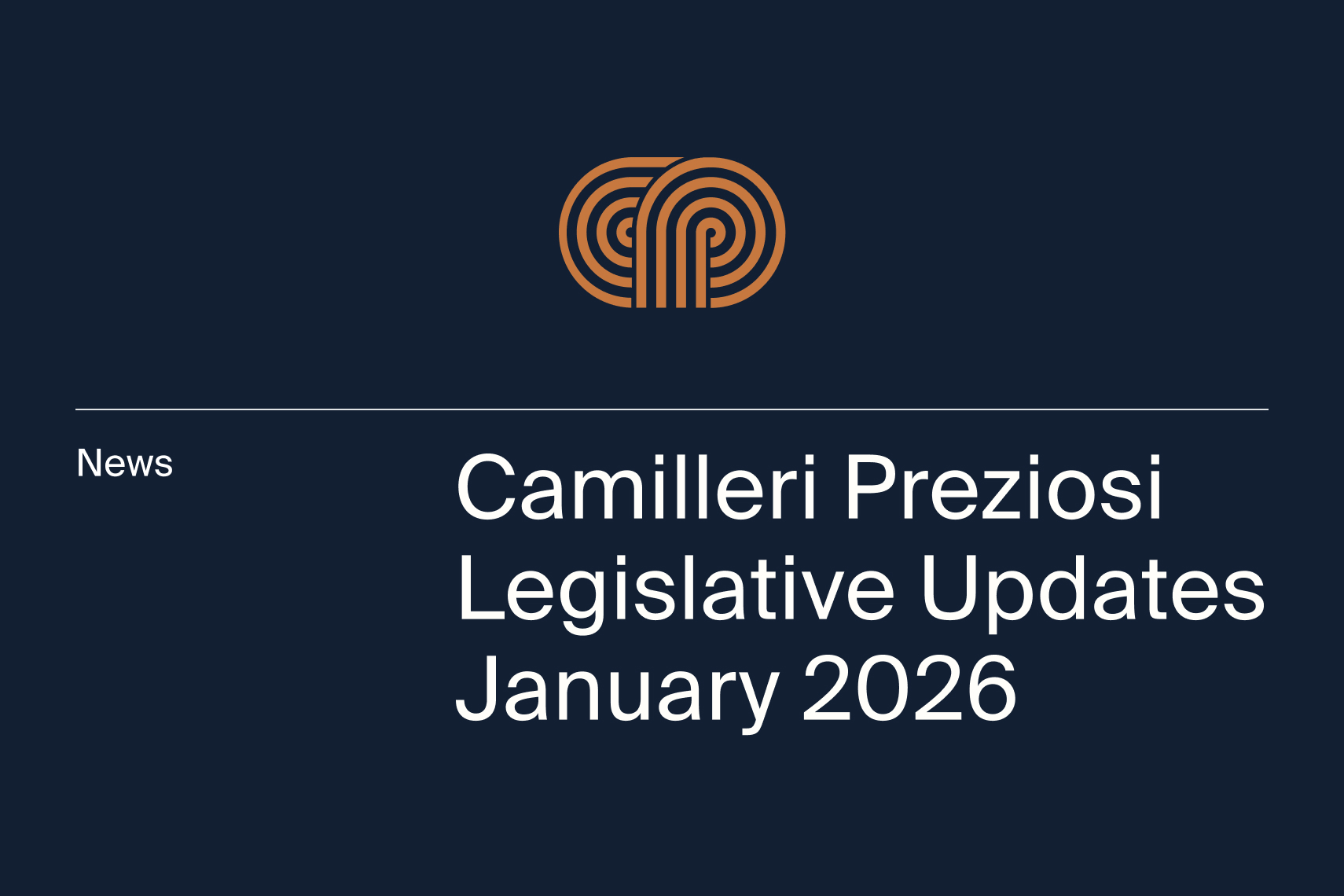In its first ruling on the “self-cleaning” process established under the Public Procurement Directive 2014/24 (the Directive) to allow a bidder, previously involved in a cartel, to take part in procurement proceedings, the Court of Justice of the European Union (CJEU) considered that a member state may require a bidder to provide a contracting authority with a copy of the competition authority’s decision, to the extent that it is strictly necessary for the purpose of assessing its reliability.
Under EU public procurement law, a bidder may be excluded from a public tender procedure if it has breached competition law unless it can satisfactorily prove to a contracting authority that it has paid or undertaken to pay compensation for the damage caused by the misconduct; that it has actively collaborated with the investigating authorities to clarify the facts and circumstances surrounding the cartel; and that it has adopted concrete technical, organisational and personnel measures appropriate to prevent further offences.
In Vossloh Laeis (Vossloh), a German railway manufacturer previously fined by the German competition authorities for having participated in a rail cartel was excluded from a procurement process for having refused to forward to the contracting authority the decision of the competition authority imposing the fine, as requested. While it had laid out in a letter to the contracting authority the measures which it had taken in order to prevent the repetition of the conduct and expressed its willingness to make good the damage caused, it refused to forward the decision since it believed that its collaboration with the competition authority was sufficient to prove reliability.
Now, while according to the Directive a bidder is required to show that it actively collaborated with the investigating authorities, this provision was transposed into German law with the added requirement that a bidder had to show active collaboration with both the investigating authorities as well as the contracting authority. In the request for a preliminary ruling, the CJEU was asked whether such a provision was contrary to EU law.
The CJEU pointed out that while investigative authorities have the task of determining the responsibility of certain actors in the commission of a breach of a rule of law, contracting authorities must assess the risks which they could face by awarding a contract to a tenderer whose reliability is subject to doubt. Thus, in so far as those respective duties so require, an economic operator must collaborate effectively with the authorities to which those respective duties have been entrusted, regardless of whether this is the contracting authority or the investigating authority, the CJEU stated, as long as the collaboration with the contracting authority is limited to the measures which are strictly necessary for the examination of the reliability of the economic operator.
Case cited: Case C-124/17, Vossloh Laeis GmbH v Stadtwerke München GmbH ECLI:EU:C:2018:855










